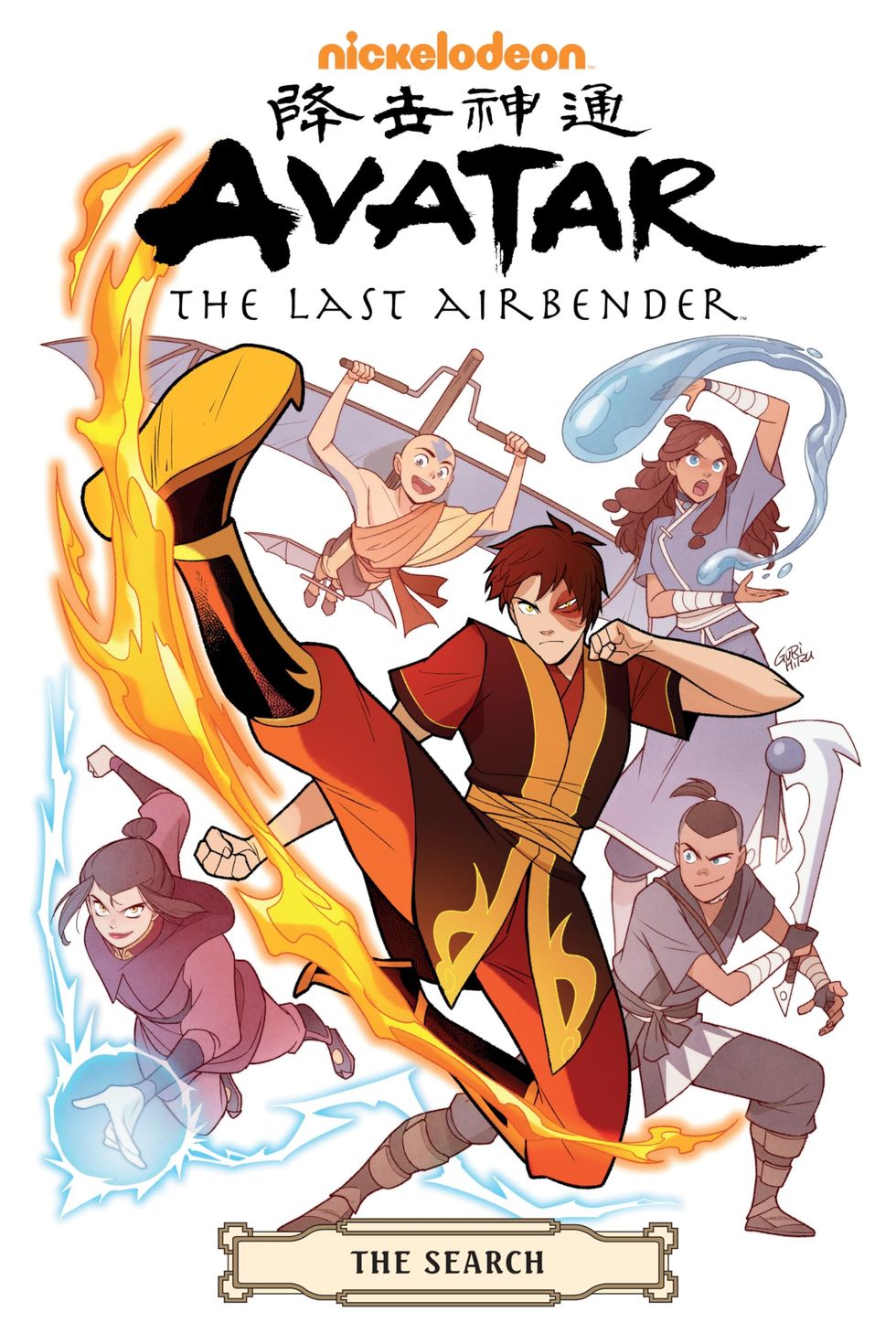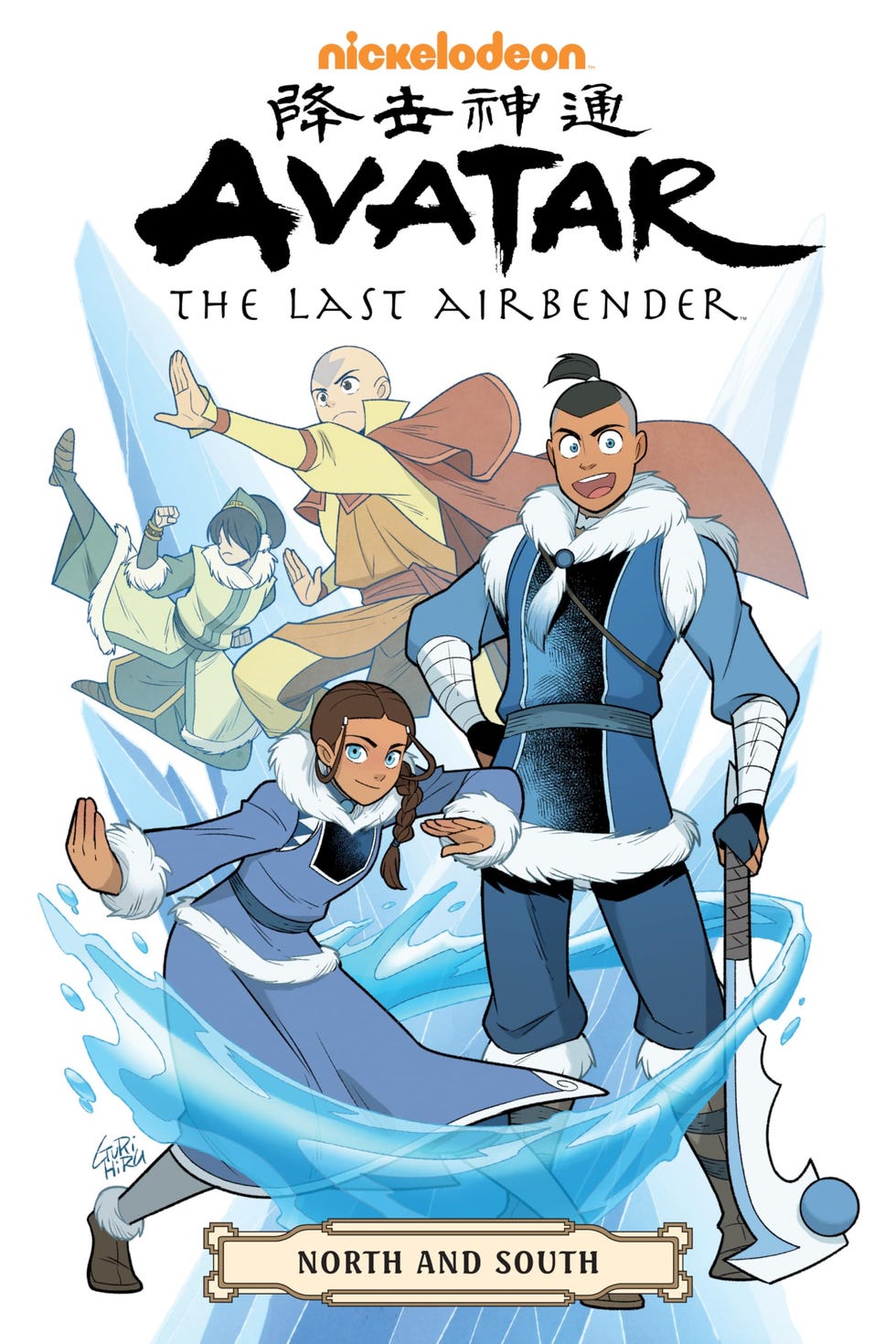![]()
DESPITE THE FAILURE of live-action adaptations of Death Note and Cowboy Bebop, Netflix is dedicated to the animation-to-live-action transformation.
Naturally, the streaming giant went for what looked like an easy play: Avatar: The Last Airbender, a major Nickelodeon hit that originally aired from 2005 to 2008 and has since gained enough critical acclaim that it’s talked about to this day as one of the best animated series of all time. In fact, it has a 100% on Rotten Tomatoes.
For those unaware, the show follows a young boy named Aang who is the newest reincarnation of the avatar–the most powerful figure in the world–who is able to master the four elements: water, air, fire, and earth. That figure then serves as a bridge between the human and spirit world. The avatar’s job in each lifetime is to keep peace among the four element-based civilizations, whatever that means during that time. For Aang–the last Airbender after a genocidal attack–that means he has to stop the leader of the Fire Nation, who wants to rid the world of every element but his own. Think of it like a children’s version of Game of Thrones.
M. Night Shyamalan attempted to adapt the series into live-action for a potential trilogy, but his 2010 film failed miserably with both audiences (it was a box office flop) and critics (5% on Rotten Tomatoes) alike. As for Netflix’s try? While the series isn’t as unwatchable as Shyamalan’s, fans are anything but pleased. Reviews generally agree the problem doesn’t just lie in execution, but in one simple fact: it’s hard to beat perfection. The original animated series was universal acclaimed, so no matter how much money Netflix threw at it, or what kind of nostalgia they tried to drum up in diehard fans, Avatar: The Last Airbender was never going to blow the masses away.
But to dive into particulars, the show suffered due to its changed format–eight episodes condensed the plot of a 20-episode season–and therefore had to hack and slash at plot arcs and character traits to stay within the allotted episode time. And although in live-action it’s a joy to see previously animated locations rendered into CGI, visuals do little to make up for what’s missing. In making a nostalgic play, Netflix also lost out on enticing a new audience into the show. Hour-long episodes providing a highlight reel of a series for a familiar viewership only seems to appeal in one direction, and makes it more difficult for young people who may be learning about the show for the first time. Rather than experience what most would consider the “full” version of the animated story, the Netflix adaptation essentially only offers a cliffnotes verson of that story, perhaps less-than-optimal for people who either want something new out of Avatar or want dive into the world of The Last Airbender for the first time.
There’s been a thirst for more Avatar: The Last Airbender since the original series ended. The movie adaptation flopped, the sequel exists but focuses more on Korra than the world’s original characters, and Netflix’s live-action show is just okay.
Thankfully, Avatar: The Last Airbender fans have far more than just the show to keep them occupied. With a sequel series, The Legend of Korra, along with an ongoing comic book series, and two fantasy novels, there’s more than enough content to keep fans immersed in the world.
Dark Horse Books Avatar: The Last Airbender–The Search Omnibus

Dark Horse Books Avatar: The Last Airbender–The Search Omnibus
Now 20% Off
Avatar: The Last Airbender–North and South Omnibus

Avatar: The Last Airbender–North and South Omnibus
Now 48% Off
The comics answer many of the questions fans had after the original airing of the show. What happened to Zuko’s mother? How did the kids fare after defeating Fire Lord Ozai?
The Last Airbender covers Aang, Katara, and Sokka’s journey to bring peace to the world, but like most epic tales, doesn’t expand much on the afterword. The comics are, in essence, an epilogue and a prequel, detailing the other adventures the trio goes on, and chronicles the new world they build in the aftermath of Ozai’s downfall. They pick up right after the show finished, so fans are instantly treated to more of the characters they love, from the people who loved making it. And like we said, it remains ongoing, so there’s enough material to keep fans happy for a while.
It may not be the live-action adaptation everyone seems desperate to make, but the comics stay true to the source material, and will please longtime viewers.

Milan Polk
Milan Polk is an Editorial Assistant for Men’s Health who specializes in entertainment and lifestyle reporting, and has worked for New York Magazine’s Vulture and Chicago Tribune.
